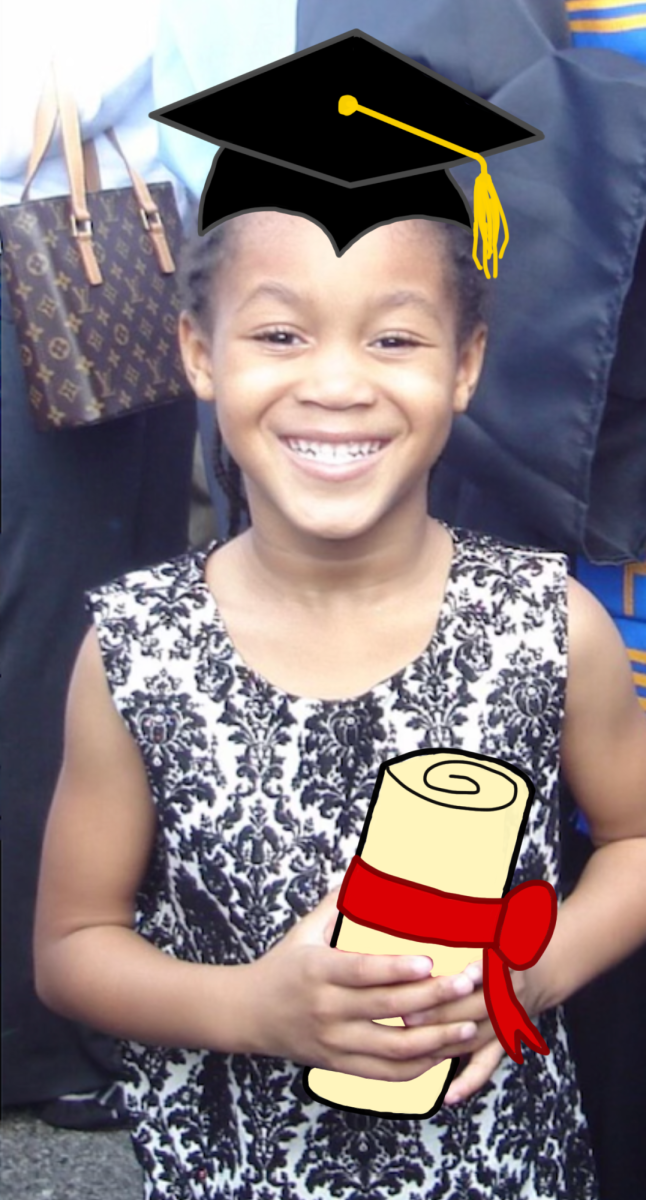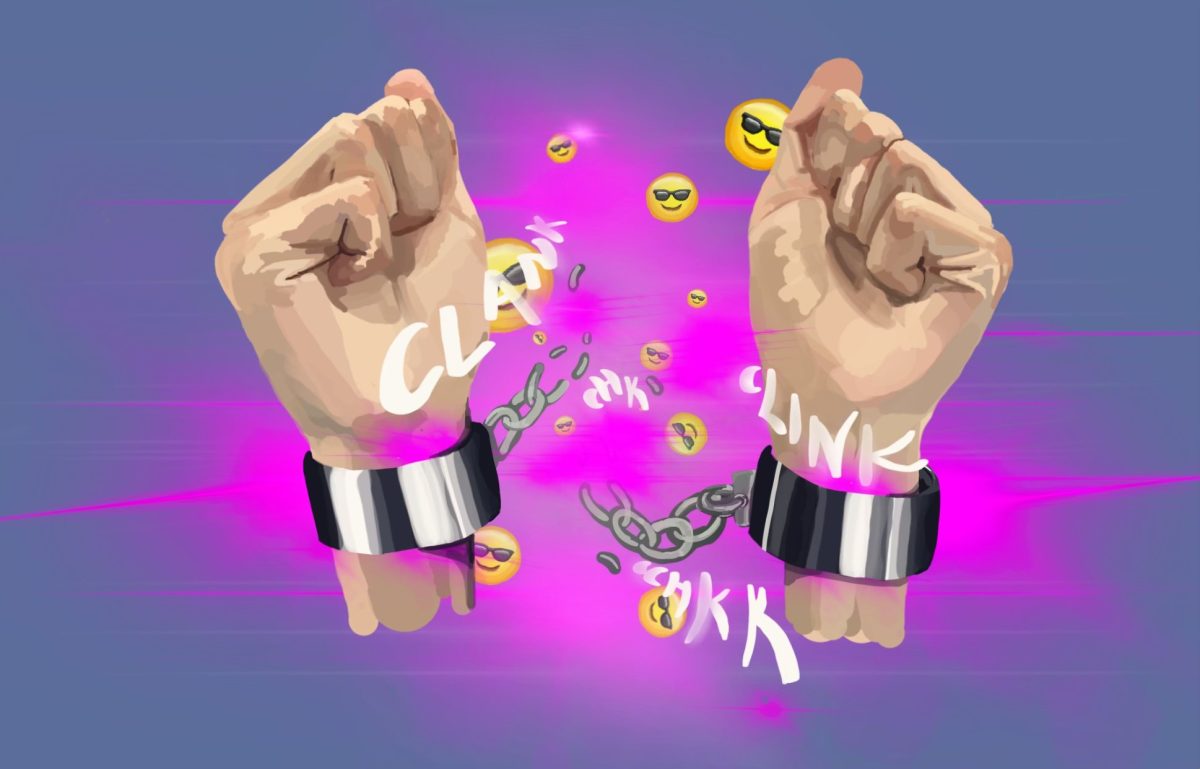A white teenager walks down the street of a residential neighborhood. He is pursued by a black member of the neighborhood watch patrolling in his SUV. The patrolman exits his vehicle, and a confrontation occurs that results in the teenager being shot.
This situation should be familiar: It is the Trayvon Martin shooting, with the races of the two players reversed. However, it is not the same story, and would most likely not have had the same ending. I cannot believe that the police would have failed to conduct an investigation if a black man had shot a white teenager. It is for this reason that so many have protested the handling of this case. They, and I, for that matter, think that the race of the individuals involved led police to assume that they knew who could be deemed guilty. Government should not shrink from the problem of racial conflict: Instead, it should implement safeguards to prevent officials from making prejudiced decisions.
Yet race was mysteriously absent from discussions of the case, both by GOP candidates Mitt Romney and Rick Santorum, and even in statements by President Obama, who limited his “racial” commentary to, “If I had a son, he’d look like Trayvon.” Far from glossing over the issue of race, Gingrich actively denied that it was a factor in either the shooting or the national attention given to the case. In response to Obama’s comment, Gingrich accused Obama of “trying to turn it into a racial issue.”
Those who deny the importance of race in this issue fail to acknowledge the continued presence of racism and prejudice in America and their effects on our everyday decisions.
Though the discussion of this incident has been conducted on the national stage, it is especially important that we, as residents or frequenters of Hyde Park, consider the conversation in contemplating our own racial issues. The Trayvon Martin case is not an isolated incident, but simply an extreme case of something that occurs every day in Chicago, every day in Hyde Park, and every day on our campus.
In the past few years, there have been several high-profile cases within the campus community in which black students or University affiliates were arrested or interrogated by the police for perfectly innocent behavior (for example, carrying speakers down the street).
These police were probably not immoral, nor are they likely to have held bigoted beliefs. Instead, they fell prey to the unconscious prejudices that most Americans share. Studies have consistently shown that juries are much more likely to choose capital punishment for blacks than for whites, that employers are less likely to interview employees with “stereotypically black” names than those with “stereotypically white” names, and that many Americans, even black Americans, find it much more difficult to form positive associations with black faces than with white.
It is often difficult for people to admit that these prejudices exist, either because they are unconscious, or because they want to think that they are “good people” who would never judge someone on the basis of race. But refusing to admit the problem, or insisting that America does not struggle with racial issues, will only condone our failure to take needed action, not make the problem disappear.
My prejudices are apparent to me everyday I walk down the streets of Hyde Park. I know that I am more anxious when passing black men on the street than I am when passing people of other races. I feel guilty about this, but I also posit that this is the case for a large number of people reading this column. Ultimately, this demands that I ask: What is my responsibility to other people in light of my prejudices, and what can I do to fulfill that responsibility?
There is no denying that race has a great effect upon how we see an individual and how that individual sees herself. It would also be difficult to argue that there are no statistical, albeit still unfair, bases for these prejudices: If you are mugged in Hyde Park, it will probably be by a black male.
However, we owe it to the individuals we meet to evaluate them upon their actions, not upon what we think their actions might be. This is most important in situations where our actions will directly affect that individual—for example, hiring, police work, and teaching. As a private individual, a good rule of thumb is to mentally change the race of the individual and see if you act in the same way that you would have otherwise. If your action would be different, you should think about why this is the case and reevaluate your action. Self-reflection goes a long way towards correcting bias.
For individuals in official positions, such as in business or government, this is not adequate. People have unconscious prejudices whose effects are magnified when they are in positions of power. In these situations, organizations should use some kind of “control,” where no races are used. In cases of hiring, this can be as simple as covering the names of candidates while reviewing their resumes. In police matters, someone who does not know the races of those involved should review the case and offer their opinion.
These measures would go a long way towards controlling institutionalized prejudice, and perhaps most importantly, help people evaluate their actions and change them for the better.
Maya Fraser is a second-year in the College majoring in sociology.







